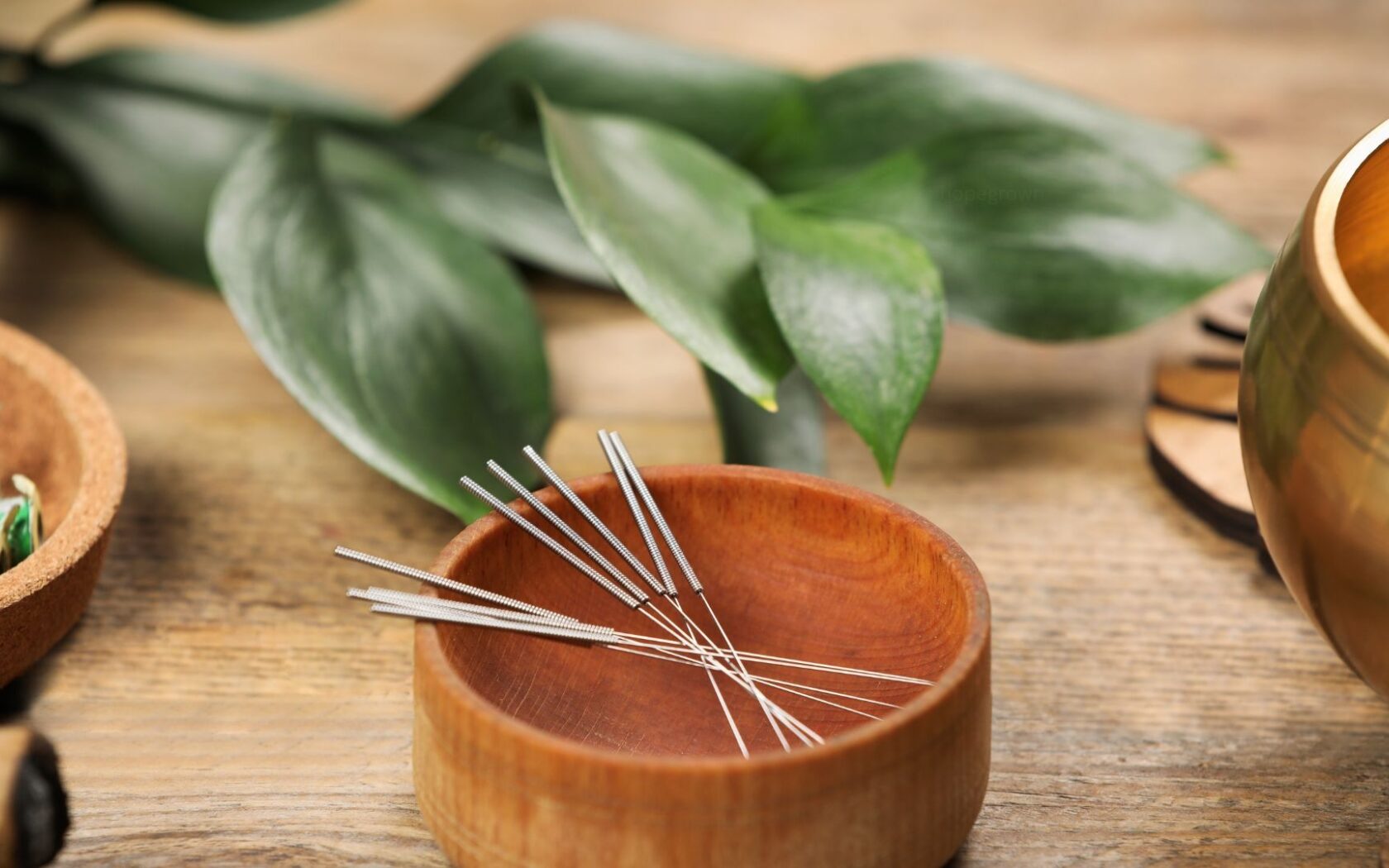What to Expect at Your First Acupuncture Appointment
If you’re curious about natural ways to feel better—both physically and mentally—acupuncture might be something to try. It’s an old form of medicine that has been used for thousands of years, and many people find it helpful for reducing pain, calming anxiety, and boosting overall health.
This guide explains what acupuncture is, how to prepare for your first visit, what to expect during a session, and how to care for yourself afterward.
What Is Acupuncture?
Acupuncture is a part of Traditional Chinese Medicine (TCM). It involves placing very thin needles into specific areas of your body to help restore balance and support healing.
Why Do People Try It?
People turn to acupuncture for all kinds of reasons, including:
- Back pain, headaches, or sore joints
- Stress and anxiety
- Trouble sleeping
- Fatigue
- Support for digestion or immunity
How Does It Work?
According to Chinese medicine, energy (called qi, pronounced “chee”) flows through your body in pathways known as meridians. When this energy is blocked or unbalanced, you may feel unwell or experience pain.
Acupuncture is believed to help restore the flow of energy, allowing your body to function better. While this idea may not align exactly with Western science, many people still report feeling better after treatment.
Getting Ready for Your First Visit
Before going to an acupuncture clinic, here are a few important things to do:
Choose a Qualified Acupuncturist
Look for someone who is licensed or certified in your state. Most practitioners have undergone specialized training and passed relevant exams. You can usually find this information on their website or by calling the clinic.
Share Your Health Background
Bring a list of any medications you’re taking and be prepared to discuss your symptoms. You’ll also want to explain why you’re interested in acupuncture—whether it’s for stress, pain, or something else.
Before Your Appointment
- Eat a small meal 1–2 hours before you go. An empty stomach could make you feel lightheaded.
- Wear loose clothing so the practitioner can reach areas like your arms, legs, or back.
- Arrive early if you need to complete forms or have questions.
What Happens During the Session?
When you arrive at the clinic, you’ll be welcomed into a quiet, private room. Here’s what you can expect:
Consultation
Your acupuncturist will ask questions about your health, lifestyle, and any symptoms you are experiencing. They might also look at your tongue or feel your pulse—these are tools used in Chinese medicine to understand your body’s condition better.
Setting the Mood
The room will likely feel calm, with soft lighting and gentle music. This relaxing environment helps you feel at ease.
Needle Placement
Once you’re lying down, the acupuncturist will clean certain areas of your skin and insert very thin, sterile needles into specific points. The number of needles and their locations will depend on the condition being treated. You might get needles in your arms, legs, back, or other areas.
How Does It Feel?
You might wonder if acupuncture hurts. For most people, it doesn’t.
What You Might Feel
The needles are much thinner than the kind used for shots. You may feel a slight pinch, tingling, warmth, or a dull ache where the needle goes in. These sensations are usually a sign that your body is responding to the treatment.
Relaxing During the Session
Once the needles are in place, you’ll lie still for about 20–30 minutes. Many people find this time very calming. Some even fall asleep during the session!
Clean and Safe
Your acupuncturist will always use clean, single-use needles to prevent the spread of infection. If you’re nervous or uncomfortable at any point, let them know—they’re trained to help make the process easy for you.
Possible Benefits and Side Effects
How Acupuncture Might Help
Acupuncture is often used for:
- Reducing pain from headaches, backaches, and arthritis
- Lowering stress and improving mood
- Sleeping better
- Boosting energy and focus
- Supporting digestion and immunity
Mild Side Effects
Some people feel a little sore or tired afterward. Bruising, slight bleeding, or dizziness may occur, but these effects are usually minor and resolve quickly.
When to Call Your Practitioner
If you experience serious pain, signs of infection, or anything that feels unusual after treatment, contact your acupuncturist right away.
What to Do After Your Session
Acupuncture doesn’t end when the needles come out. To help your body adjust and benefit from the treatment, try the following:
Post-Treatment Tips
- Rest for a few hours if you can.
- Drink water to stay hydrated.
- Avoid alcohol or heavy exercise for the rest of the day.
Treatment Frequency
Your practitioner may recommend visiting once a week initially, especially if you’re experiencing ongoing symptoms. As you improve, you might reduce how often you go.
Make Acupuncture Part of a Healthy Lifestyle
Acupuncture works best when it’s part of a bigger wellness routine. Eating a healthy diet, getting enough sleep, exercising regularly, and managing stress all help your body heal and stay balanced.
You can also keep a journal of your symptoms, mood, or energy levels to share with your acupuncturist. This can help them adjust your treatment plan as needed.
Trying acupuncture for the first time can feel a little mysterious, but it’s actually a relaxing and safe experience for most people. Now that you know what to expect before, during, and after your visit, you can walk in feeling confident and open to the process.
Whether you’re looking for pain relief or just want to feel more balanced, acupuncture may be a great step on your path to better health.




